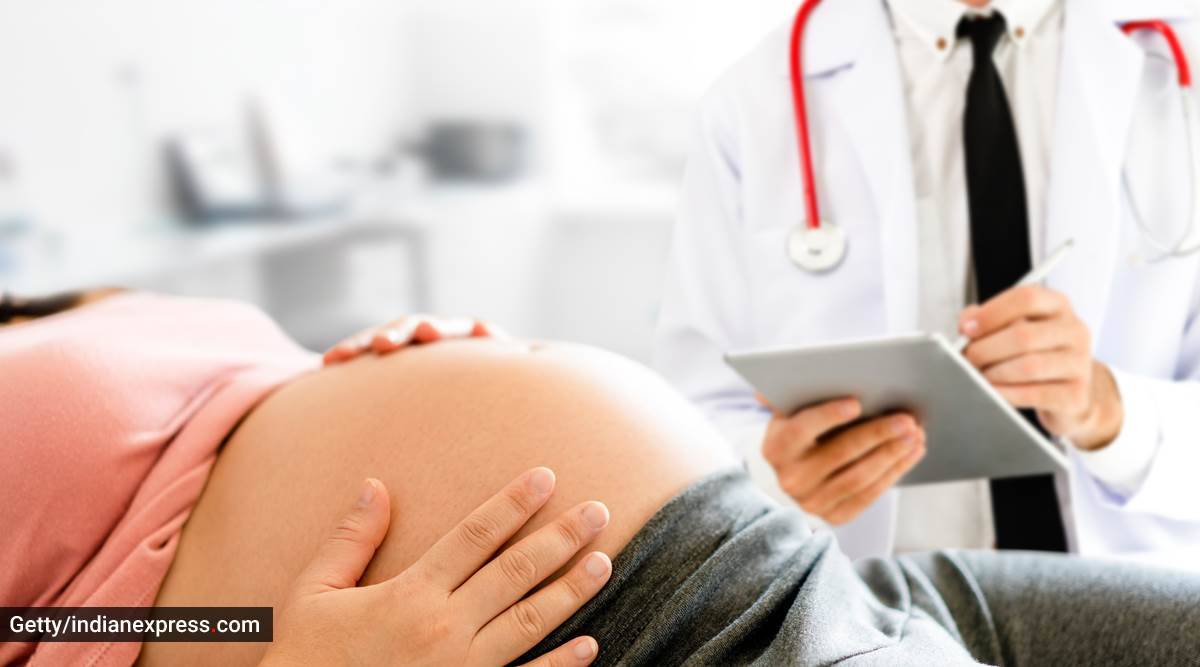
Drinking coffee regularly may keep Type 2 diabetes away from women who had diabetes during pregnancy, according to a latest study by the Yong Loo Lin School of Medicine, National University of Singapore. Replacing artificially sweetened and sugar-sweetened beverages with caffeinated coffee also reduces the risk, by 10 per cent for a cup of artificially sweetened beverage, and 17 per cent for a cup of sugar-sweetened one. This holds out hope for many women with gestational diabetes who teeter on the edge of developing full-blown diabetes at some point in their lives.
WHAT THE RESEARCH SAYS
Known research has so far found that, instead of artificial and sugar-sweetened drinks, drinking two to five cups of either caffeinated or decaffeinated coffee a day is potentially a healthier substitute in delaying the onset of or preventing Type 2 diabetes in the general population. This is most likely because of the presence of polyphenols. However, this is the first time that the benefits of coffee have been tested among women with gestational diabetes. Professor Cuilin Zhang, Director of the Global Centre for Asian Women’s Health (GloW) and a professor in the Department of Obstetrics and Gynaecology at the Yong Loo Lin School of Medicine, National University of Singapore (NUS Medicine), with her team at GloW, collaborated with the Harvard T.H. Chan School of Public Health and the National Institutes of Health (NIH) to conduct the study.
Researchers followed more than 4,500 predominantly White female participants, who had a history of gestational diabetes, for over 25 years, and examined the associations of long-term coffee consumption with a subsequent risk of Type 2 diabetes. The consumption of caffeinated coffee by women after their pregnancies was discovered to have a linear inverse association with the risk of Type 2 diabetes. Compared to those who did not drink caffeinated coffee at all, among those who drank one cup of caffeinated coffee or less, two to three cups, and four and more cups a day, the risk of type 2 diabetes was reduced by 10 per cent, 17 per cent and 53 per cent respectively. More importantly, replacing artificially sweetened and sugar-sweetened beverages with caffeinated coffee also reduced the risk, by 10 per cent for a cup of artificially sweetened beverage, and 17 per cent for a cup of sugar-sweetened one.
Subscriber Only Stories
‘TOO MANY VARIABLES’
Explaining the latest study, Dr V Mohan, Chairman of Dr Mohan’s Diabetes Specialities Centre, and somebody who has tracked the link between coffee and diabetes for years, believes that it still cannot be the last word on the subject. “The connection of coffee with the risk of Type 2 diabetes has been contentious with several studies throwing up mixed results. Several studies have shown benefits, some have shown detrimental effects, yet others have shown neutral results. There were fairly convincing studies from Sweden published several years ago that showed how coffee-drinking could be beneficial for health in general and prevention of diabetes in particular. But what nobody tells you is that the results depend on several variables, like the kind of coffee taken, its amount and how it is consumed. For example, in the West, they have their coffee black but in India, it is made with milk and sugar. This cannot be beneficial. The role of artificial sweeteners is still not ascertained. A few human studies suggest they are safe but animal studies have linked them to obesity, an increased risk of Type 2 diabetes and changes in gut microbiota of mice. There is no convincing evidence in humans yet. Still, compared to sugar itself, sweeteners are still more beneficial,” he says.
However, he feels that replacing sugar-sweetened beverages with caffeinated coffee makes perfect sense. “Some beverages contain eight to ten spoonfuls of sugar in a small can. So drinking coffee without or even a hint of sugar will be beneficial,” he says.
THE PROBLEM WITH DIETARY STUDIES AND INDIA
Dr Mohan urges more studies in India where diets are high on carbohydrates. “These factors vary here depending on the staple food that is consumed. I already mentioned how Indians like coffee with milk and sugar. Then there are many kinds of coffee, dilute, concentrated, Arabic, decaffeinated, caffeinated, all of which have different effects. In India, we also have coffee with different kinds of foodstuff. In such a scenario, how do you tease out the effects of coffee? There are so many confounders here, which impact the efficacy of dietary studies,” says he.
In fact, the study author Professor Zhang categorically mentioned the kind of coffee used: “Thus far, the overall findings suggest that caffeinated coffee, when consumed properly (two to five cups per day, without sugar and whole-fat/high-fat dairy), could be incorporated into a relatively healthy lifestyle for a certain population.” The team, too, acknowledged that while the findings were encouraging, they needed to conduct more studies.
Advertisement
Dr Mohan further flags concerns about the usage guidelines of coffee itself. “If taken in excessive amounts, it can lead to gastritis.” Besides, not much is known about the effects of coffee on pregnancies, foetuses and children.
"type" - Google News
December 29, 2022 at 08:03PM
https://ift.tt/5O9rRvt
Can black coffee keep Type 2 diabetes risk at bay among women with gestational diabetes? - The Indian Express
"type" - Google News
https://ift.tt/JzgpnD3
https://ift.tt/sQbEt15
Bagikan Berita Ini














0 Response to "Can black coffee keep Type 2 diabetes risk at bay among women with gestational diabetes? - The Indian Express"
Post a Comment